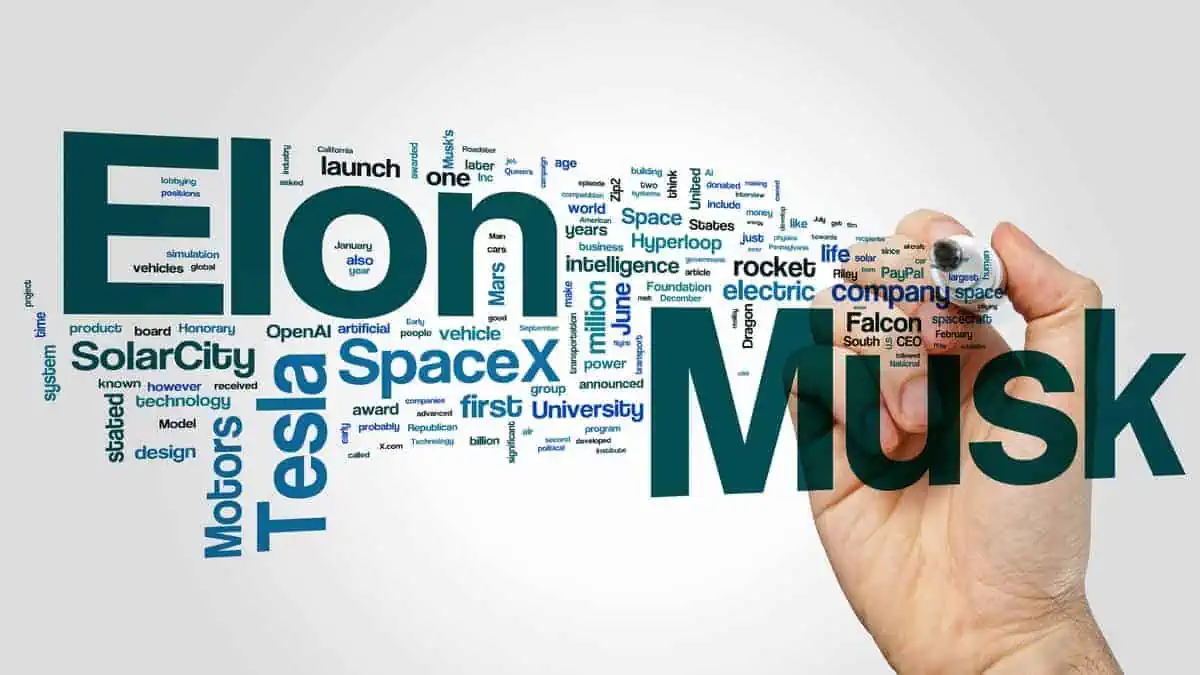American lobby group Alliance for Automotive Innovation officially warned Thursday that the National Highway Traffic Safety Administration’s (NHTSA) fuel economy proposal for 2027-2032 model-year vehicles can potentially affect the ongoing electric vehicle transition in the US, Automotive News reports.
What’s the proposal?
MotorTrend noted that the latest Corporate Average Fuel Economy (CAFE, or the fleet fuel economy) target remains at 49 mpg in the 2026 model year.
In hindsight, the finalized standards in 2022 required an annual 8% improvement in fuel efficiency for cars in the 2024-2025 model year and 10% in the 2026 model year.
However, the new proposal issued in July aims to raise the target to 58 mpg for the 2027-2032 model year.
Therefore, the latest fuel economy proposal demands an annual 2% boost in fleet fuel economy for cars and 4% for light trucks.
Meanwhile, commercial vehicles, including heavy-duty pickups and vans, with a gross vehicle weight of more than 8,500 pounds and less than 14,001 pounds, must have an annual 10% improvement in model year 2030 through 2035. That said, they must only consume 2.638 gal/100 miles under the new fleet fuel economy proposal.
Concerns
The new NHTSA proposal does not directly ban traditional internal combustion engine (ICE) vehicle production and sales. However, it can urge OEMS to focus on electric vehicle technology.
The Alliance for Automotive Innovation’s Michael Hartrick expressed in a virtual public hearing that the new proposal “exceeds maximum feasibility.” He cited noncompliance penalties issues and pending rules at the Department of Energy that may hit automakers aiming to strategically balance their investments in electric vehicles and low-emission ICE models.
“We are concerned that NHTSA’s consideration of BEVs in developing its proposed standards, despite statutory prohibitions, combined with DOE’s proposal to devalue the fuel economy of electric vehicles by 72% will result in serious misalignment, distracting manufacturers’ attention and resources from the EV transition.”
Michael Hartrick, Alliance for Automotive Innovation member
For context, NHTSA imposed high penalties for noncompliant automakers for the 2019 model year and above, including over $14 billion in penalties.
“The number of noncompliant vehicles and manufacturers projected exceeds reason and simply put will increase costs to the American consumer with absolutely no environmental or fuel savings benefits.”
Michael Hartrick, Alliance for Automotive Innovation member
Call for a national standard
The Alliance for Automotive Innovation is again demanding the government impose a single national standard that adheres to EPA’s vehicle emissions regulation and California Air Resources Board’s standards.
In response, NHTSA’s Interim Administrator Ann Carlson argues that the new proposal would promote more fuel-efficient cars in the country. She further asserted that it would solidify the country’s energy independence and aid its citizens to save expenses from fuel products, Teslarati reports.
“These targets are consistent with Congress’ direction to conserve fuel and promote American energy independence and American auto manufacturing.”
Ann Carlson, NHTSA Interim Administrator
Meanwhile, other speakers, such as environmental and consumer group representatives, state that the agency must develop stricter standards.
“While this is a move in the right direction, what is clear is that NHTSA can and must go further. The agency should be looking at the limits of possibility rather than the limits of automaker ambition.”
Kathy Harris, leader of the Natural Resources Defense Council’s work on clean vehicle policies and programs
See Also:
- EPA Report: Tesla had the lowest emissions and highest fuel economy in 2021
- 2022 EV models ranked as per fuel economy estimates in USA
- White House proposes new fuel-economy standards to intensify electrification efforts
- Union Minister launches first-ever green hydrogen fuel cell bus in India
- Nikola officially launches its hydrogen fuel cell e-truck in Arizona
NHTSA contends that the new CAFE proposal would aid drivers to save “more than $50 billion” throughout their vehicles’ lifespan. It can also apparently cut oil reliance by 88 billion gallons through 2050 and carbon emissions by over 900 million tons. However, as warned by the alliance, it also poses some risks in the progressing shift to electric vehicles.






